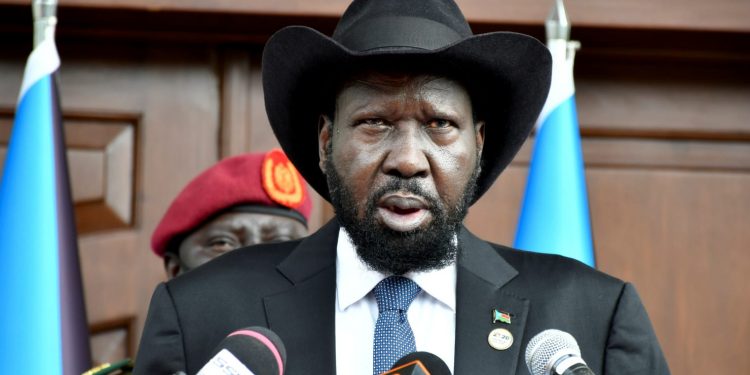South Sudan has announced the closure of all schools for two weeks due to an extreme heatwave that has caused multiple students to collapse. This marks the second time the country has shut down schools during February and March due to soaring temperatures, highlighting the severe impact of climate change on the region.
Deputy Education Minister Martin Tako Moi revealed that an average of 12 students per day have been collapsing in Juba, the capital city. Most schools in South Sudan are constructed with makeshift iron sheets and lack electricity to power cooling systems, making them particularly vulnerable to extreme heat.
Environment Minister Josephine Napwon Cosmos urged residents to stay indoors and stay hydrated as temperatures are expected to reach up to 42 degrees Celsius (107.6 degrees Fahrenheit). She also suggested that government employees work in shifts to avoid heat-related illnesses.
Education officials are calling for a revision of the school calendar to align with the country’s harsh weather patterns. Abraham Kuol Nyuon, dean of the Graduate College at the University of Juba, emphasized the need for a localized calendar that considers the varying climates across South Sudan’s 10 states.
Civil society group Integrity South Sudan criticized the government for its lack of preparedness, stating that the repeated closure of schools during heatwaves reflects a failure to prioritize children’s education. The group called for better planning and contingency measures to address the recurring issue.
South Sudan’s fragile health system, compounded by years of political instability, struggles to cope with the additional strain caused by extreme weather events. The country has faced significant challenges, including a civil war that claimed nearly 400,000 lives between 2013 and 2018. Recent economic crises, exacerbated by the disruption of oil exports due to a damaged pipeline in neighboring Sudan, have further strained resources.
The heatwave comes as South Sudan continues to grapple with the aftermath of postponed elections, initially scheduled for last year but delayed due to funding shortages. The government’s inability to address these challenges has drawn criticism from both local and international observers.
As temperatures continue to rise, the closure of schools underscores the urgent need for long-term solutions to mitigate the effects of climate change and improve the resilience of South Sudan’s infrastructure and education system.









